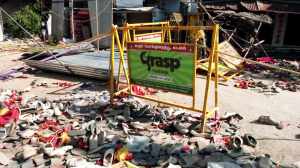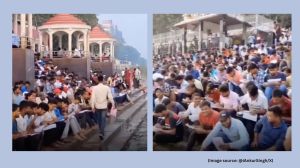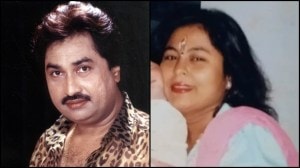The JCB Prize for Literature longlist features six translations
In its fifth year, it is one of the most prestigious prizes for contemporary fiction
 JCB Prize for Literature has released its longlist for 2022 and it features six translations
JCB Prize for Literature has released its longlist for 2022 and it features six translations In its fifth year, the JCB Prize for Literature has released its longlist for 2022. One of the most prestigious prizes for contemporary fiction, it features six translations, with Hindi, Urdu and Nepali on the list for the first time, alongside Bengali and Malayalam. The ten novels have been selected by a panel of five judges: AS Panneerselvan, (Chair), journalist and editor; Amitabha Bagchi, author; Rakhee Balaram, author and academician; J Devika, translator, historian and academician; and Janice Pariat, author.
Buy Now | Our best subscription plan now has a special price
A shortlist of five books will be announced in October, and the winner, who will be awarded Rs 25 lakh, on November 19.
Here is the longlist, where each book carries a “strong sense of the geographic locations they represent,”
1. Tomb of Sand, Geetanjali Shree
Translated by Daisy Rockwell
Penguin Random House India
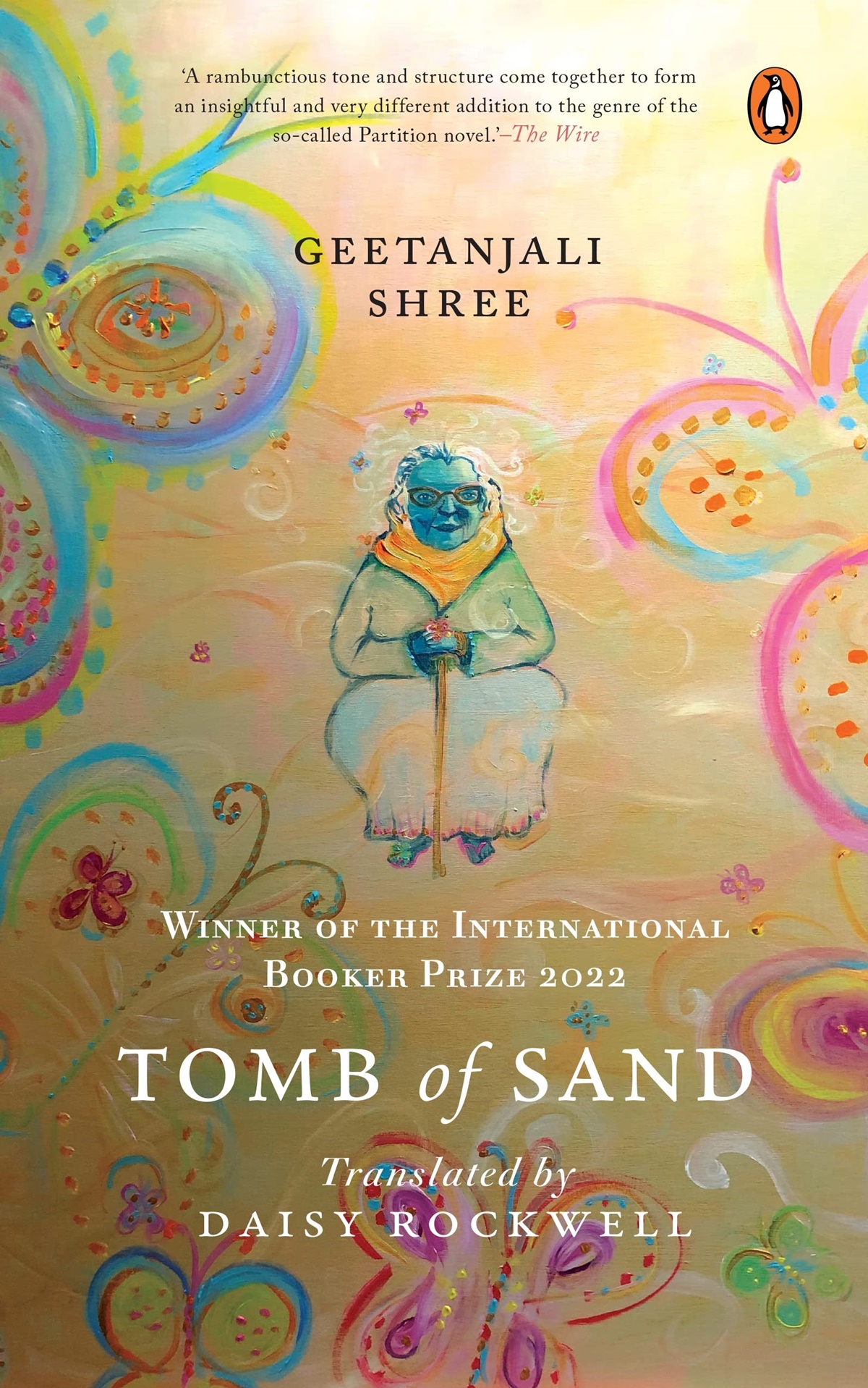 Book cover of Tomb of Sand by Geetanjali Shree
Book cover of Tomb of Sand by Geetanjali Shree
The winner of the International Booker Prize 2022, Tomb of Sand is an intimate look at the lives of a mother and a daughter who travel to Pakistan to resolve the traumas that plagued the mother’s psyche since her sudden departure from the country during Partition. Hailed for its “exuberant wordplay” and humorous takes on a dark subject, the novel gains in translation from Hindi with its ample use of imagery, metaphors and connections between the animate and inanimate.
2. The Odd Book of Baby Names, Anees Salim
India Hamish Hamilton
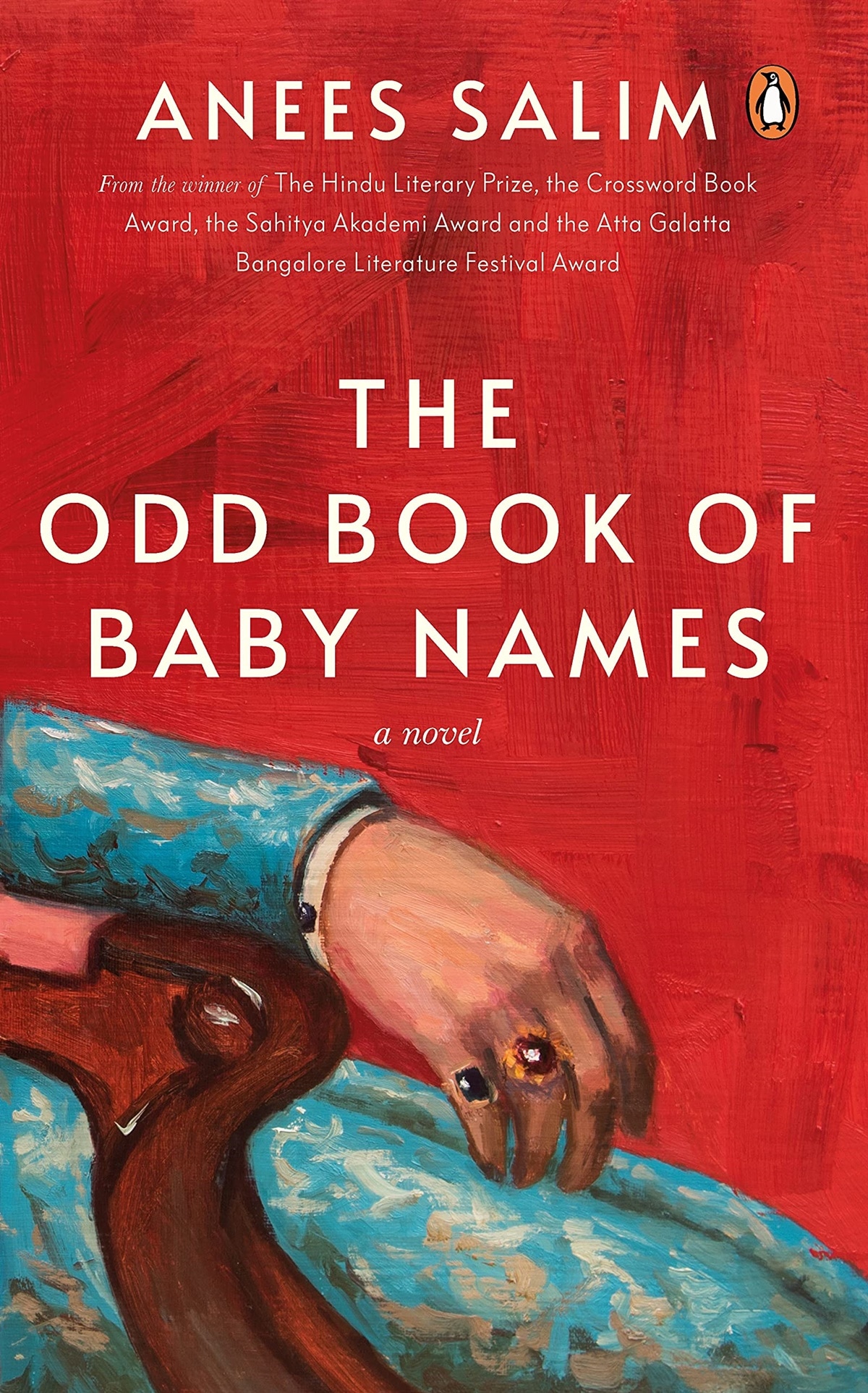 Book cover of The Odd Book of Baby Names by Anees Salim
Book cover of The Odd Book of Baby Names by Anees Salim
Centred on a king whose only ambition at the height of his power was to sire more children, The Odd Book of Baby Names revolves around a family, in what seems like 1960s India, as this patriarch documents the names of his children. Upon his death, his one hundred children are left to deal with the legacies of this man and uncover the lies he strewed along the way.
3. The Paradise of Food, Khalid Jawed
Translated from Urdu by Baran Farooqi
Juggernaut
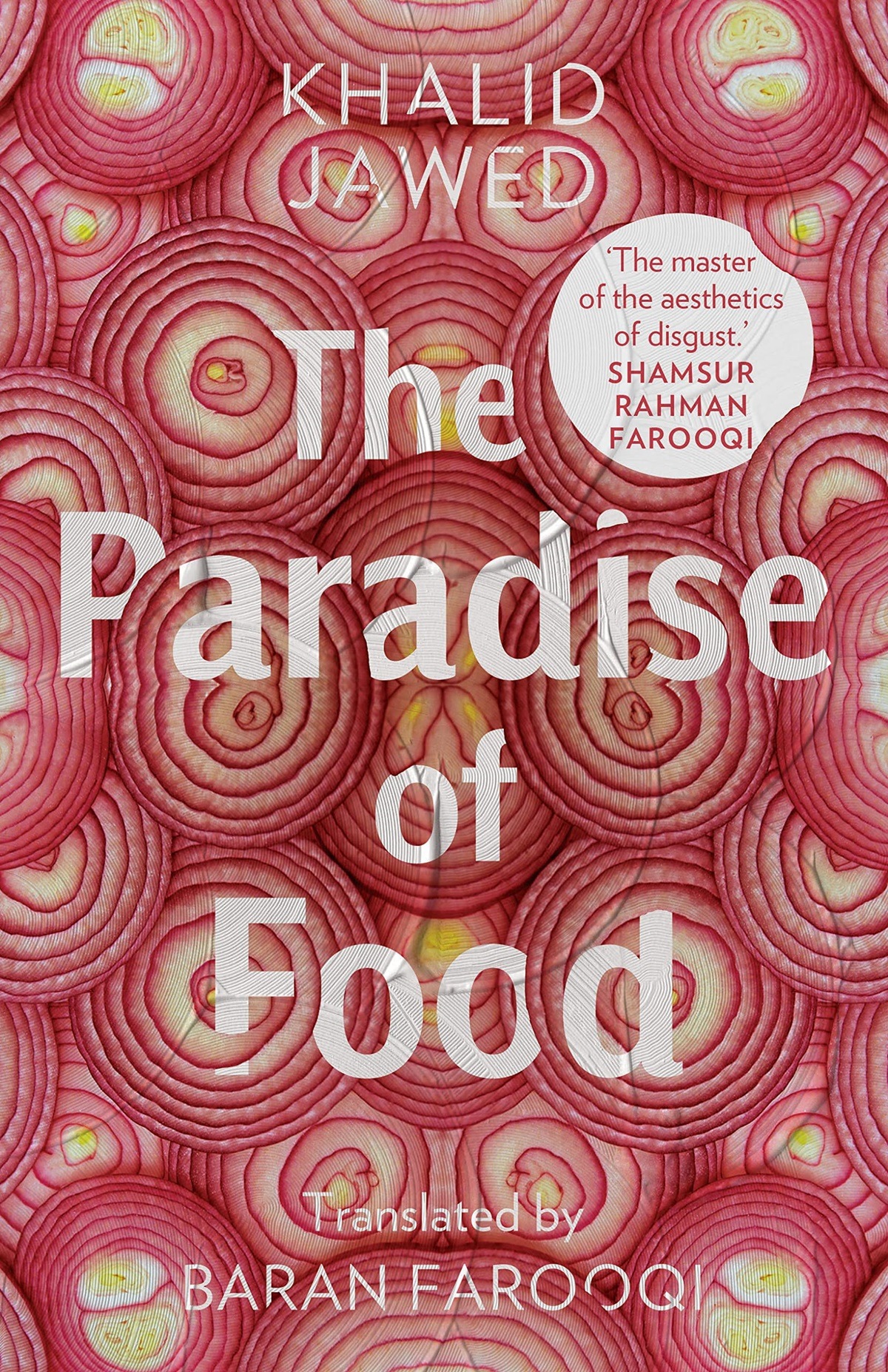 Book cover of The Paradise of Food by Khalid Jawed
Book cover of The Paradise of Food by Khalid Jawed
Here is a dish served with heaps of memory, a sprinkling of gloom, and an aftertaste of danger. The Paradise of Food is an Urdu classic translated for the first time, and explores a middle-class Muslim family’s journey in India from the 1960s to today, perceived through the eyes of a boy who must grow into his family, his religion and his country. Using the kitchen as an effective device to highlight the dynamics between family and society, Jawed weaves a tale of masterful craft and powerful poignancy.
4. Valli, Sheela Tomy
Translated by Jayasree Kalathil
Harper Perennial
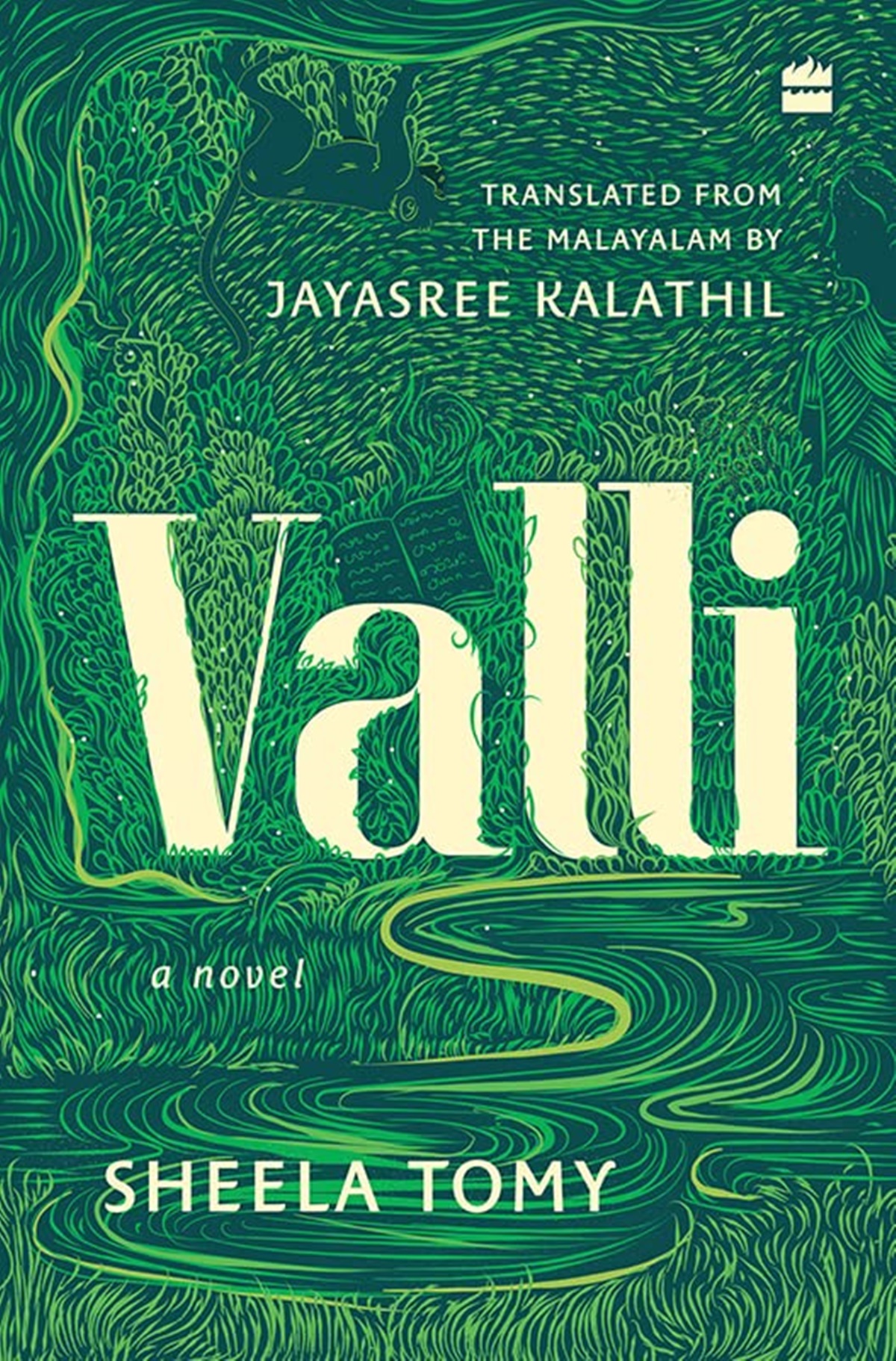 Book cover of Valli by Sheela Tomy
Book cover of Valli by Sheela Tomy
A story spanning four generations high up in the Western Ghats of Kerala, Valli explores the exploitation of the adivasis in the area known as Wayanad, once known as Bayalnad – land of the paddy fields. Narrated through a diary left behind by the daughter of a couple who eloped to the ghats to live together, the book is a sensitive portrayal of destruction and rebellion, love and despair, and interdependence and renewal.
5. Spirit Nights, Easterine Kire
Simon & Schuster India
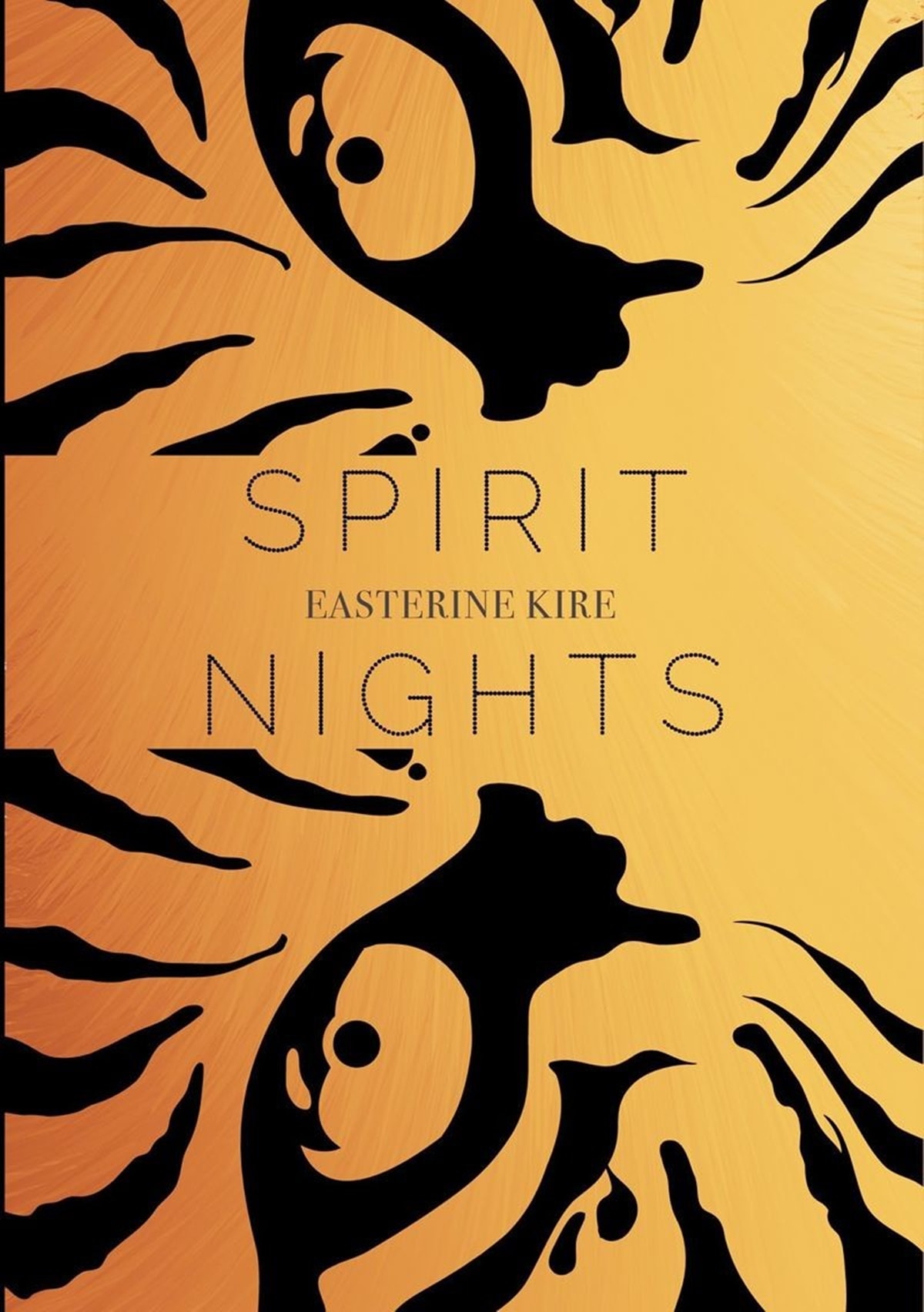 Book cover of Spirit Nights by Easterine Kire
Book cover of Spirit Nights by Easterine Kire
A celebration of Naga oral storytelling traditions and folklore, Spirit Nights is set in Nagaland. It mingles fact with fiction and draws from the tribal history of the Chang Naga tribe. Author Easterine Kire also wrote A Naga Village Remembered, the first Naga novel to be published in English.
6. Song of the Soil, Chuden Kabimo
Translated from Nepali by Ajit Baral
Rachna Books India; FinePrint, Nepal
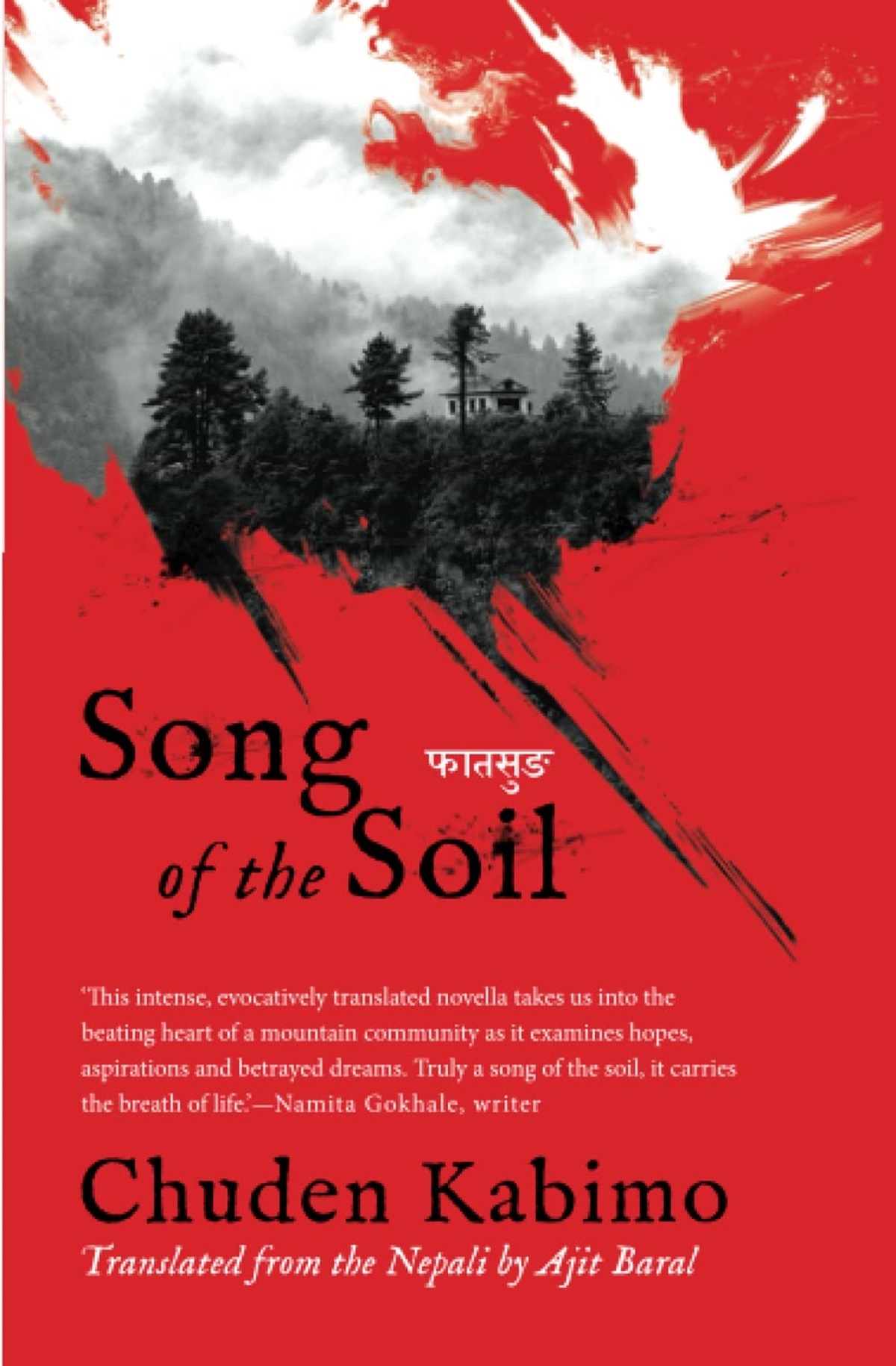 Book cover of Song of the Soil by Chuden Kabimo
Book cover of Song of the Soil by Chuden Kabimo
Set in the foothill town of Kalimpong in the Himalaya, Song of the Soil narrates the revolution for a separate state of Gorkhaland in the late 1980s. Unflinchingly describing the violence of the moment without preying on it, the book is an honest recreation of a greatly personal bildungsroman that was handled delicately and with stunning tenderness.
7. Rohzin, Rahman Abbas
Translated by Sabika Abbas Naqvi
Vintage Books
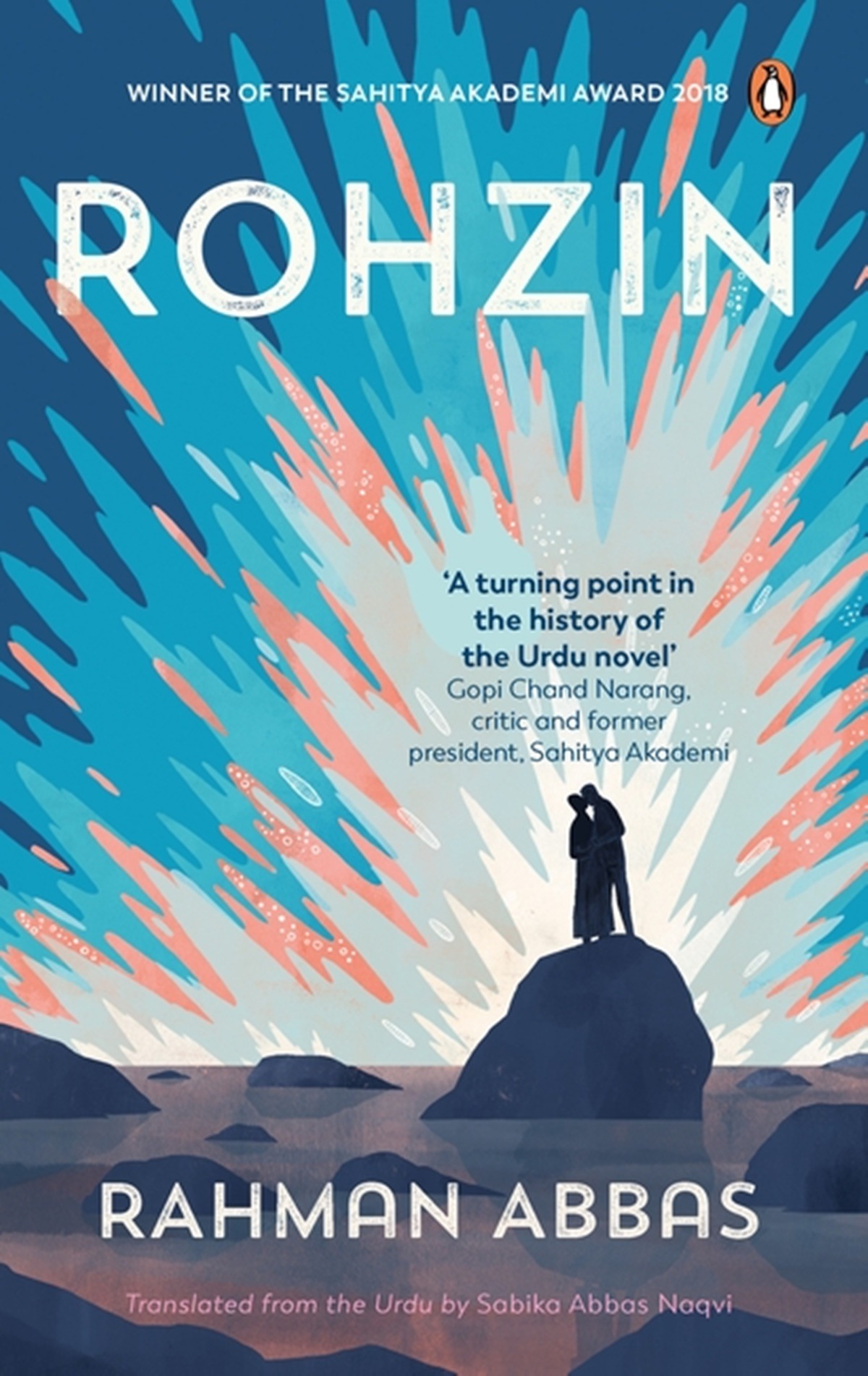 Book cover of Rohzin by Rahman Abbas
Book cover of Rohzin by Rahman Abbas
One of the precious novels of the year that incarnate a city as a character of its own, Rahman Abbas portrays Mumbai as a city of imagination, individuality and inimitability. The novel’s protagonist comes to the city and describes the last day in the life of two lovers, Asrar and Hina. Straying from the oft-mentioned spots of Mumbai that feature in prose narratives, Abbas fleshes out the magical in even the mundane of city locales, like Mohammad Ali road.
8. Crimson Spring, Navtej Sarna
Translated by Arunava Sinha Eka
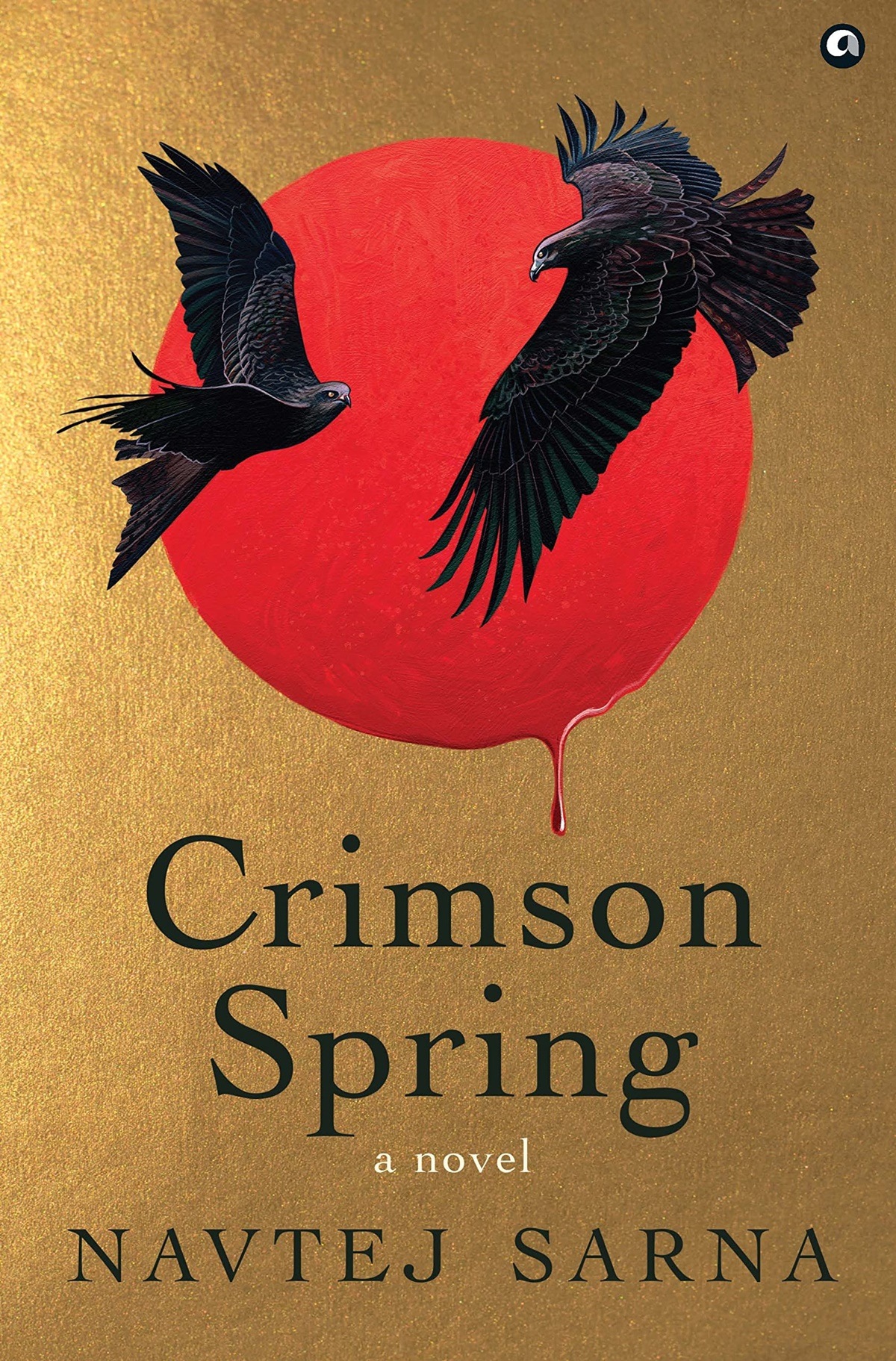 Book cover of Crimson Spring by Navtej Sarna
Book cover of Crimson Spring by Navtej Sarna
Crimson Spring is a heart-wrenching attempt to freshly humanise one of the worst massacres in the Indian freedom struggle, one that shocked and reviled Indians of the time and even the British, who considered it to be one of worst outrages in all of the empire’s history. The book is an honest incision into the costs of colonialism and how the commoners and the officials encounter a public tragedy.
9. Escaping the Land, Mamang Dai
Speaking Tiger Books
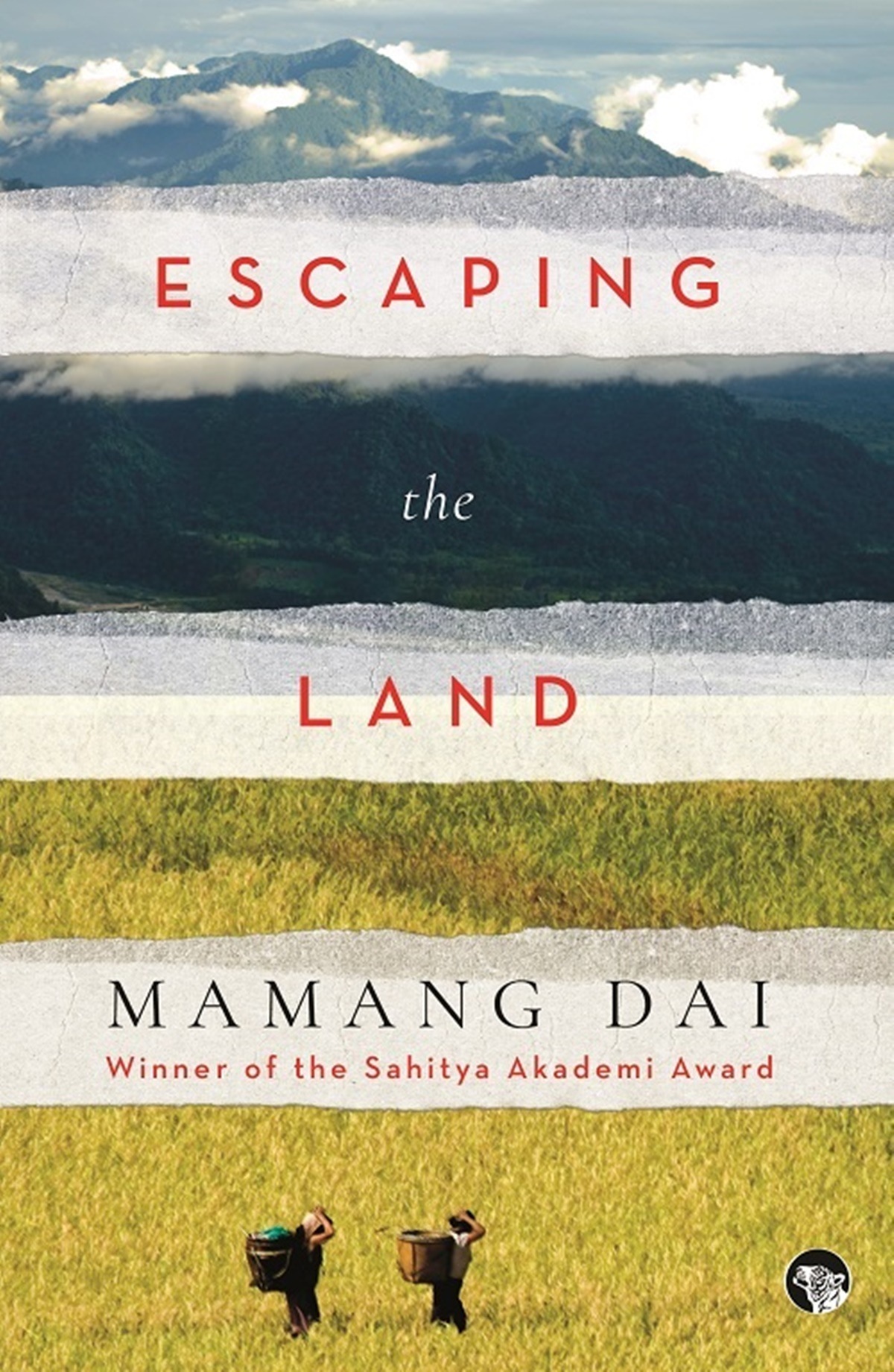 Book cover of Escaping the Land by Mamang Dai
Book cover of Escaping the Land by Mamang Dai
This novel spans a period of time from the 1950s to today, with Arunachal Pradesh having achieved full statehood. Populated with colourful characters from the forest mafia to corrupt politicians to two-faced friends, Dai etches a saga of a beautiful and sometimes turbulent land and its people.
10. Imaan, Manoranjan Byapari
Aleph Books
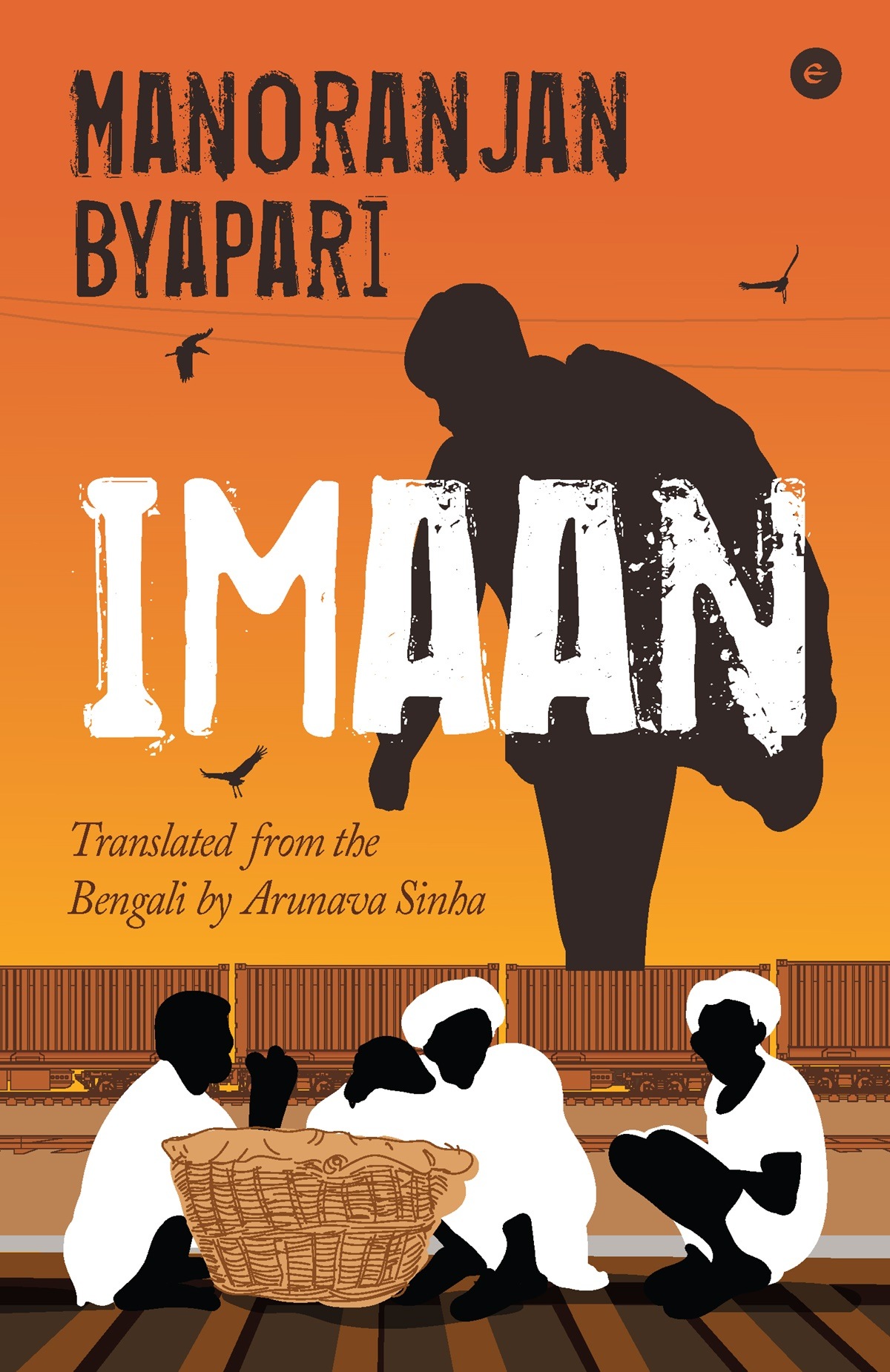 Book cover of Imaan by Manoranjan Byapari
Book cover of Imaan by Manoranjan Byapari
Called by the jury a “completely novel iteration of the humanist tradition of Bengali literature”, Imaan explores the life of a young man who came to jail as a small boy, left it twenty years later, and must make his life in the free world that he likens much to the prison itself: the world is a jail too, only with much wider walls. The book does not shy from subjects like caste and feminism, diving headfirst into politically charged passages like “It wasn’t enough to live like dogs, you had to drag a Braahmon boy into it, too, and turn him into a thief. He’s going to hell because of you.”
📣 For more lifestyle news, follow us on Instagram | Twitter | Facebook and don’t miss out on the latest updates!





- 01
- 02
- 03
- 04
- 05









